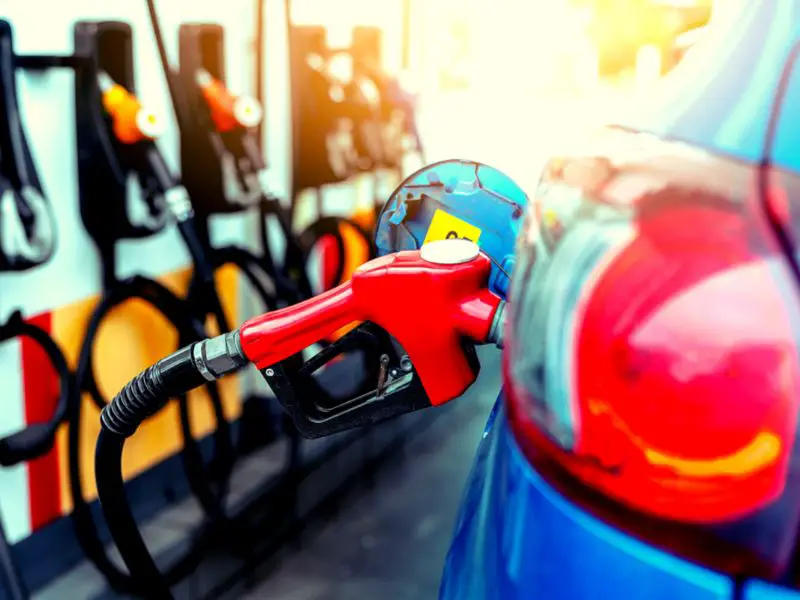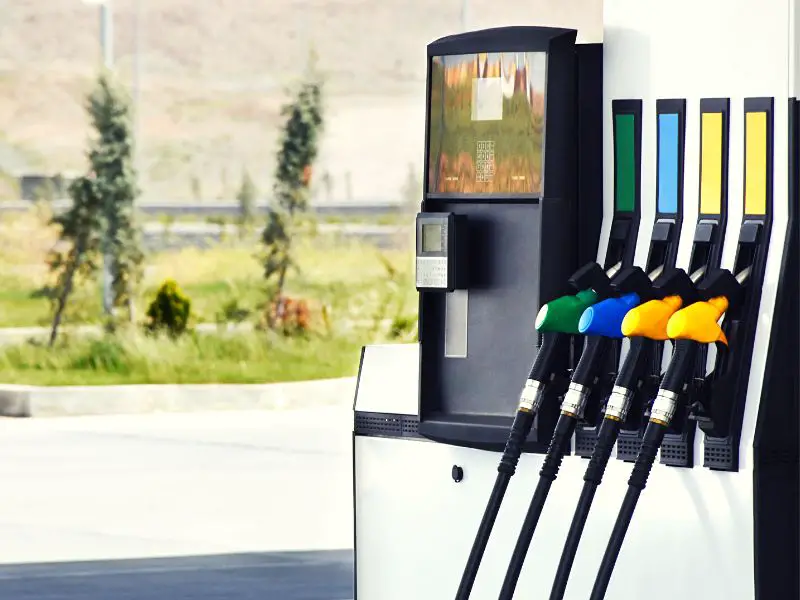Gas prices are slashing through record highs practically every day, causing financial pain for millions of people around the globe. So, issues about why it is so expensive are kicked around. Is Russia to blame?
Consumers wonder if there is some sign of relief. In this article, we’ll look into what high fuel prices mean to people, why gas is so expensive, its causes, and how long this will last.
What Does Rising Gas Mean for the Daily Lives of Millions?
It means not too well. The price of fuel is a significant factor in the recent acceleration of inflation, which has now stayed at the highest level not seen in over four decades. This impacts many household budgets, forcing individuals to adapt to the ever-increasing price of essential goods.
High oil prices diminish wealth and increase uncertainty, reducing demand for other items (Sill 2007). High oil prices undermine macroeconomic sustainability and affect almost every economic sector.
High gas prices mean higher food costs for many people, who are already struggling to balance budgets after other expenses entered the mix. Higher food prices mean more people face hunger, malnutrition, and obesity.

High gas prices can also create an extra burden on government revenues and cause issues for the environment. . The government is spending more money to finance fuel subsidies, which means less money for other things, such as education and health care. In addition, people will spend a more significant percentage of their incomes on filling the tank. This can have a significant impact on the economy of many countries.
Why Gas Is So Expensive, and What Causes It?
1. Russia’s Invasion of Ukraine
Russia is one of the world’s top oil exporters. In December 2021, the country exported approximately 8 million barrels of oil and other petroleum products, including 5 million barrels of crude oil, to worldwide markets.
The United States didn’t get much of that. In 2021, 60% of the oil went to Europe, and 20% went to China. But oil is priced on worldwide commodity markets, so the decrease in Russian oil exports affects prices everywhere it is used.
Because the West is concerned about upsetting the global markets, they exempted Russian oil and natural gas from the first round of sanctions they put in place to protest the invasion back in February 2021.
But in March, the U.S. declared that it would no longer buy any hydrocarbons from Russia. And in May, the E.U. said it would stop importing oil from Russia by ship, about two-thirds of its oil. Slowly but surely, Russia’s oil is being taken off of world markets.
2. Pandemic and Lockdowns
The spike in COVID cases and severe lockdown measures in most countries have helped keep oil prices under control. That made people less likely to use oil and drove demand down.
And as the COVID spike has begun to recede, lockdowns in big cities such as Shanghai have been lifted. A rise in demand without corresponding growth in supply can only push the cost of gas up.

3. The US Shifting Away From the Use of Oil
President Joe Biden pledged to transition the U.S. economy away from fossil fuels, aiming to halve emissions from energy usage by 2030 and make the U.S. carbon-neutral by 2050.
In a nutshell, in contrast to its predecessor, the current administration is less supportive of oil production, which comes at a time when the markets suffer from a lack of supply. It is hard to estimate how much that contributes to the high prices of oil today, but that is simply a factor.
4. Climate Connection
This year’s forecast is for an intense hurricane season, which threatens Gulf Coast oil refineries. This could reduce refining capacity just as gasoline consumption increases in late summer and fall.
No one anticipated the sudden change in the trend of profitability. Even before the COVID pandemic dragged oil consumption, analysts predicted that oil demand for automobiles and trucks would peak in the middle of this decade.

Will Gas Prices Go Down?
Looking at average costs, GasBuddy anticipates that the worst is yet to come. According to him, it is a catastrophic scenario that will not improve soon. The high prices are expected to last not for days or weeks, like in 2008, but months.
“As long as this war continues—and any further actions taken against Russia or Russia retaliating against the United States and its allies—it will have a big impact on gas prices,” – Aldo Vazquez.
Saving at the Gas Station
Drivers may cut unnecessary journeys and search for the lowest price, even crossing state boundaries. Others, such as FuelLog, monitor your vehicle’s gas mileage and can help you evaluate if it is achieving good fuel efficiency. In addition, several gas station chains offer loyalty programs, and some credit cards provide rewards programs that offer cash back on petrol purchases.

Many factors have led to the high cost of gas today. The increase in demand and the fact that oil is a commodity make it highly susceptible to price fluctuations. Eventually, however, there may be changes in the way people travel and how they use their vehicles that could impact gas prices negatively. However, these changes are more likely to come gradually than overnight.
Discover these eco-friendly alternatives to gas-powered transportation.


Your article helped me a lot, thanks for the information. I also like your blog theme, can you tell me how you did it?